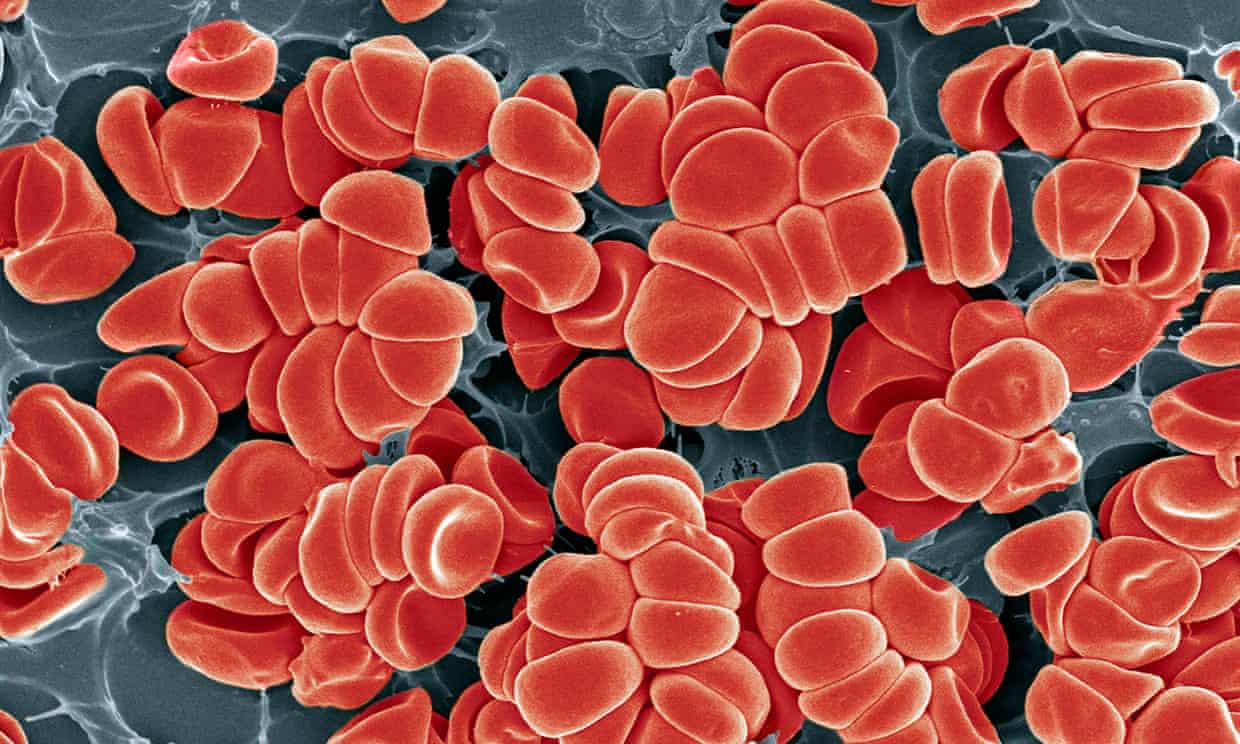
Patients with long Covid complain of numerous symptoms, the main ones being recurring fatigue and brain fog, muscle weakness, being out of breath and having low oxygen levels, sleep difficulties and anxiety or depression. Some patients are so sick that they cannot work or even walk a few steps. There is possibly also an elevated risk of stroke and heart attacks. One of the biggest sources of concern is that even mild and sometimes asymptomatic initial Covid-19 infection may lead to debilitating, long-term disability.
A recent study in my lab revealed that there is significant microclot formation in the blood of both acute Covid-19 and long Covid patients. With healthy physiology, clots may form (for instance, when you cut yourself). However, the body breaks down the clots efficiently by a process called fibrinolysis.
In blood from patients with long Covid, persistent microclots are resistant to the body’s own fibrinolytic processes. We found high levels of various inflammatory molecules trapped in the persistent microclots, including clotting proteins like plasminogen, fibrinogen and Von Willebrand factor (VWF), and also Alpha-2 antiplasmin (a molecule that prevents the breakdown of microclots).
The presence of persistent microclots and hyperactivated platelets (also involved in clotting) perpetuates coagulation and vascular pathology, resulting in cells not getting enough oxygen in the tissues to sustain bodily functions (known as cellular hypoxia). Widespread hypoxia may be central to the numerous reported debilitating symptoms.
Read More – https://www.theguardian.com/commentisfree/2022/jan/05/long-covid-research-microclots
